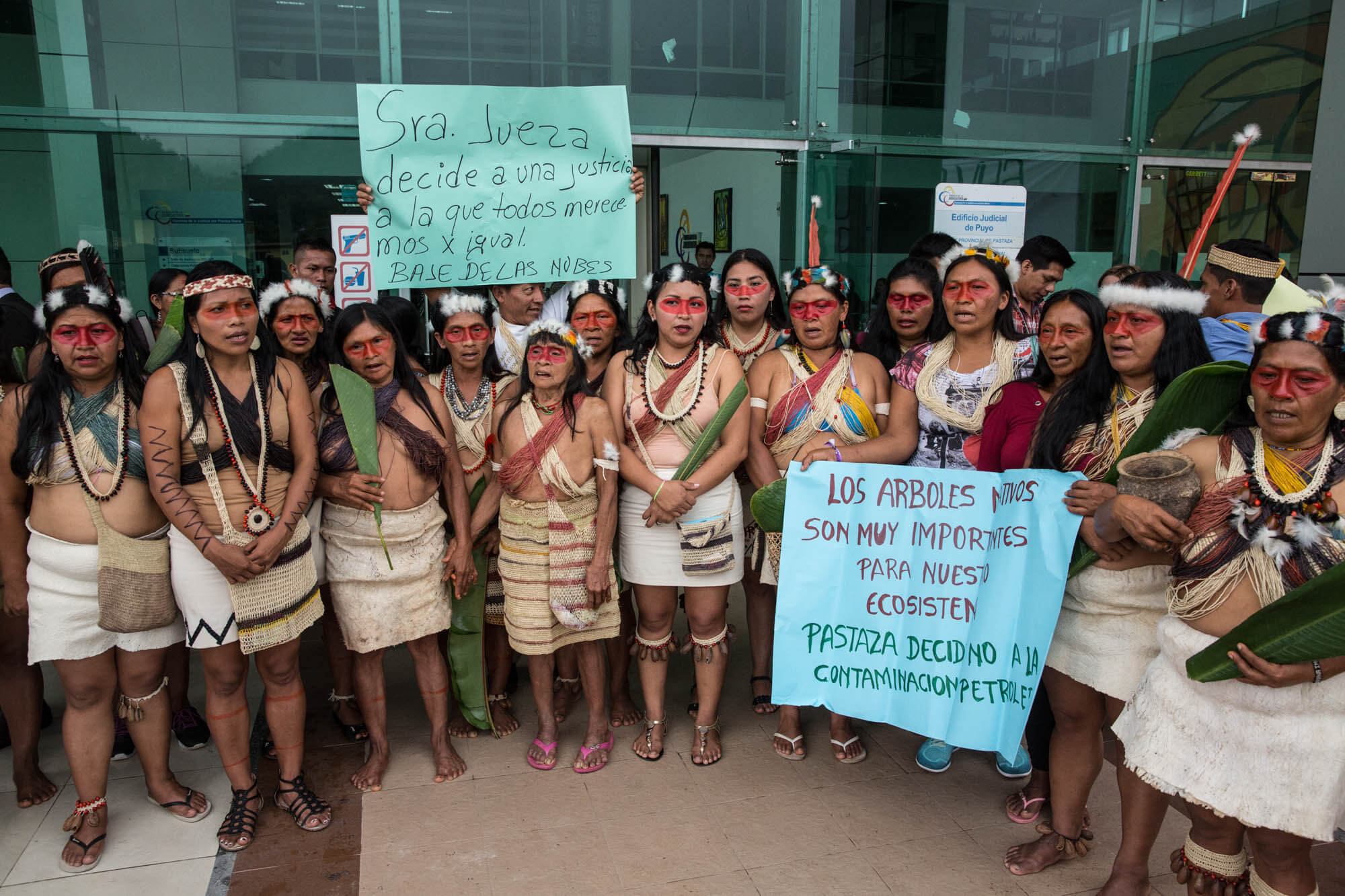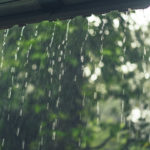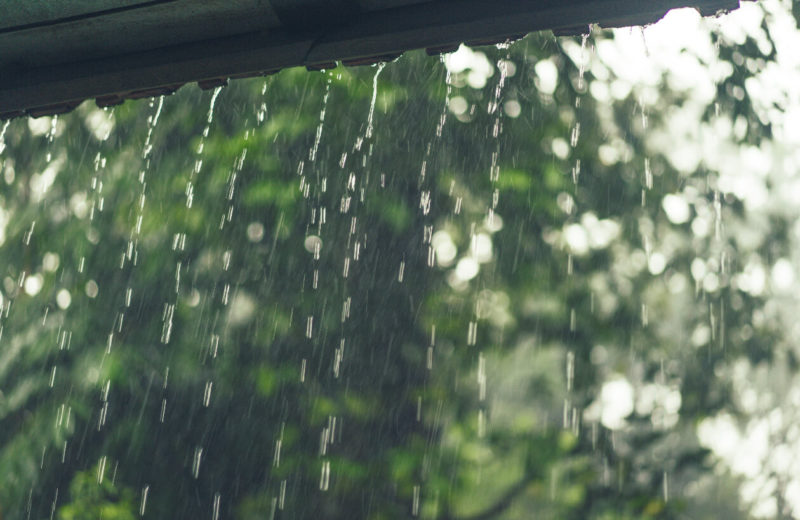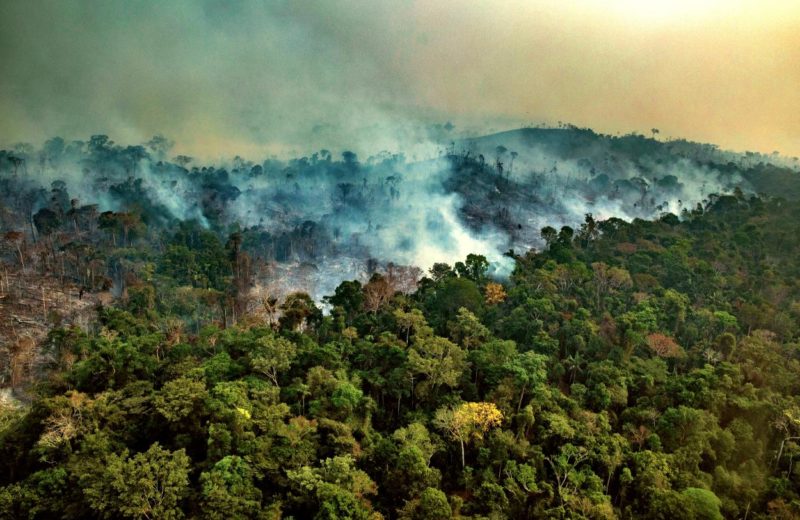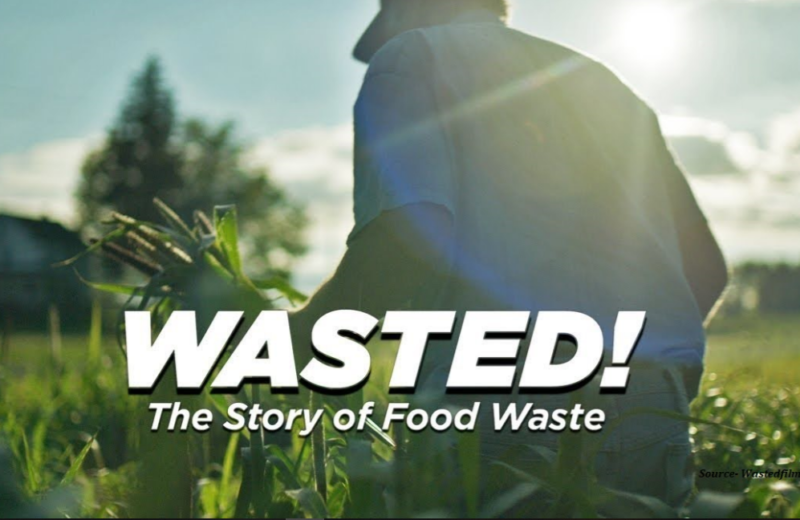Wilderness. Primary rainforest. Biodiversity hotspot. Carbon sink. National park. Oil concession. These are all phrases used by journalists, scientists, activists, oil companies and governments to describe the ancestral territory of the Kofan, Secoya, Siona and Waorani peoples of Ecuador’s northern Amazon.
The Waorani, who currently number around 2,000, once maintained one of the largest territories of all indigenous Amazonians in Ecuador, within the modern provinces of Orellana, Napo, and Pastaza. They traditionally lived as nomadic hunter-gatherers in small clan settlements. Missionary groups relocated many Waorani families into larger communities with the purpose of converting them to Christianity.
For indigenous peoples this territory is their home. But now there home is under threat and Waorani tribe vows to protect life in Amazon.
In traditional animist Waodani worldview, there is no distinction between the physical and spiritual worlds, and spirits are present throughout the world. The Waorani once believed that the entire world was a forest (and used the same word, ömë, for both). The Amazon’s rainforest remains the essential basis of their physical and cultural survival. For them, the forest is home, while the outside world is considered unsafe.
In short, as one Waodani put it, “The rivers and trees are our life.” In all its specificities, the forest is woven into each Waorani life and conceptions of the world. They have remarkably detailed knowledge of its geography and ecology.
But now their battle is in court, and their enemies are Ecuador’s government and oil multinationals.
In February, the Waorani, together with Ecuador’s Ombudsman, a parliament-appointed official who serves as a public advocate, had filed a lawsuit against the Ecuadorian government for not properly consulting with them before opening up their territory to potential oil exploration. In recent years, Ecuador has divided much of its portion of the Amazon into blocks to lease the mineral rights in an international auction. One of the blocks included Waorani land. In 2018, the government removed Waorani territory from the auction but said that the region could still be subject to future drilling.
“The government sees oil and money but the Waorani see it is full of life,”
Waorani community leader Nemonte Nenquimo.
The 2,000 or so Waorani scattered across the vast Pastaza province in eastern Ecuador believe their land is the front line in a battle for the future of the planet.
“Let it be clear. We will defend our jungle, our culture and our rights, with our lives,”
Waorani community leader Nemonte Nenquimo.
In a landmark ruling, an indigenous tribe from the Ecuadorian Amazon have protected their land from numerous oil companies seeking to use it for oil drilling. The court has now indefinitely suspended the planned auctioning of their lands to oil companies, a process which started in 2012 after a consultation process by the Ecuadorian government voted in the corporations’ favour.
“The government tried to sell our lands to the oil companies without our permission. Our rainforest is our life. We decide what happens in our lands. We will never sell our rainforest to the oil companies. Today, the courts recognized that the Waorani people, and all indigenous peoples have rights over our territories that must be respected. The government’s interests in oil is not more valuable than our rights, our forests, our lives.”
Waorani Tribes
Their fight to save Amazon is still not over. They have won a legal victory but they need our support to ramp up the pressure to permanently protect this land. Sign the Letter – STAND UP FOR THE AMAZON.



